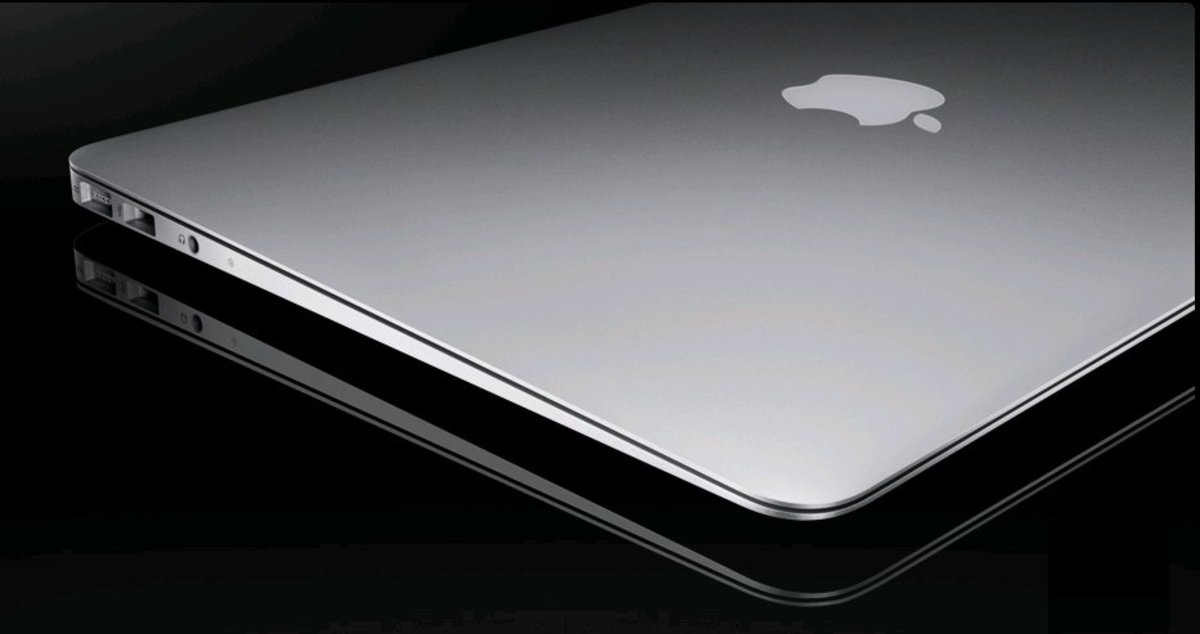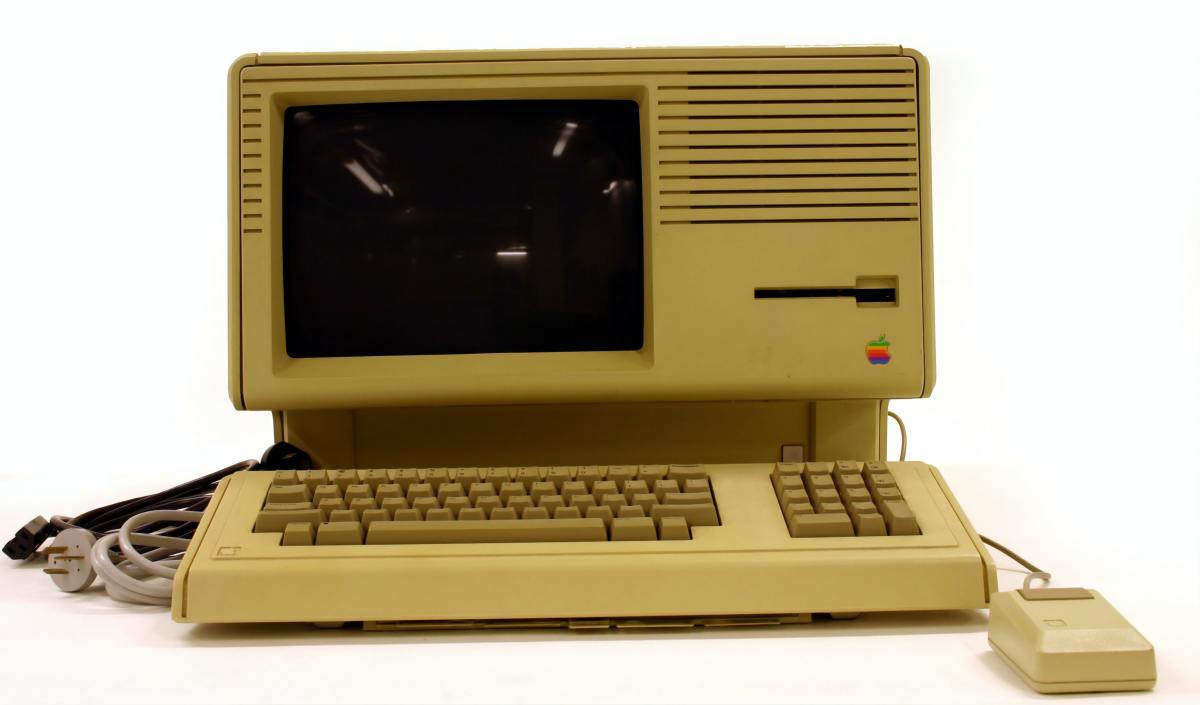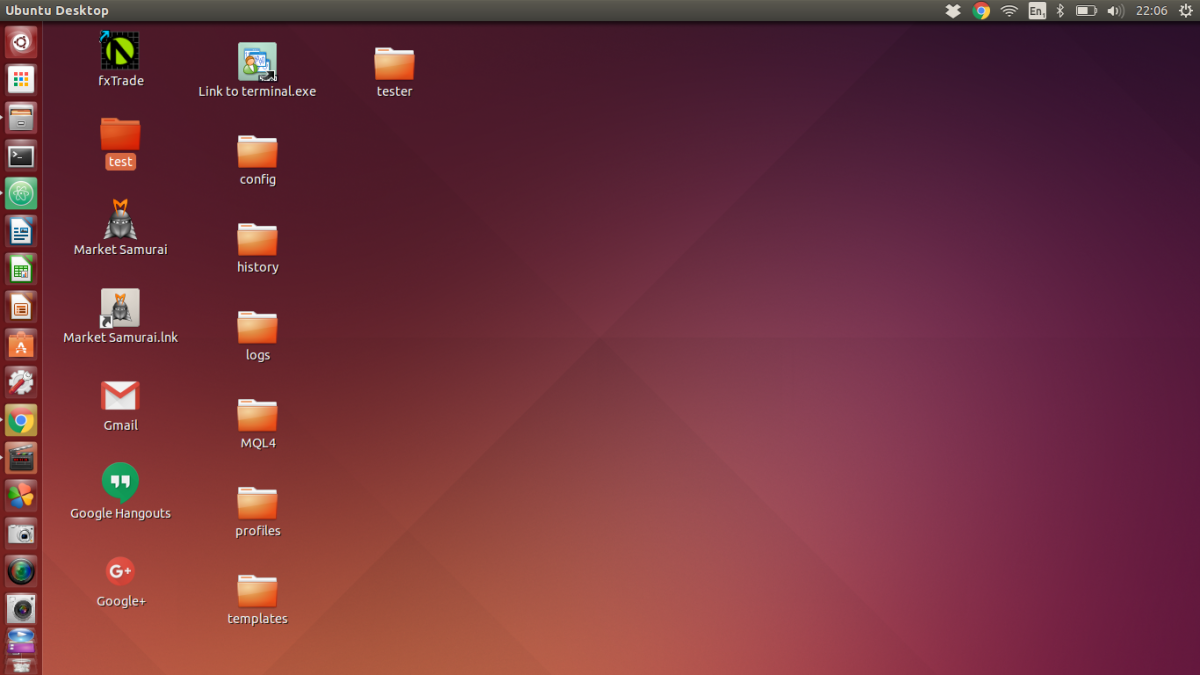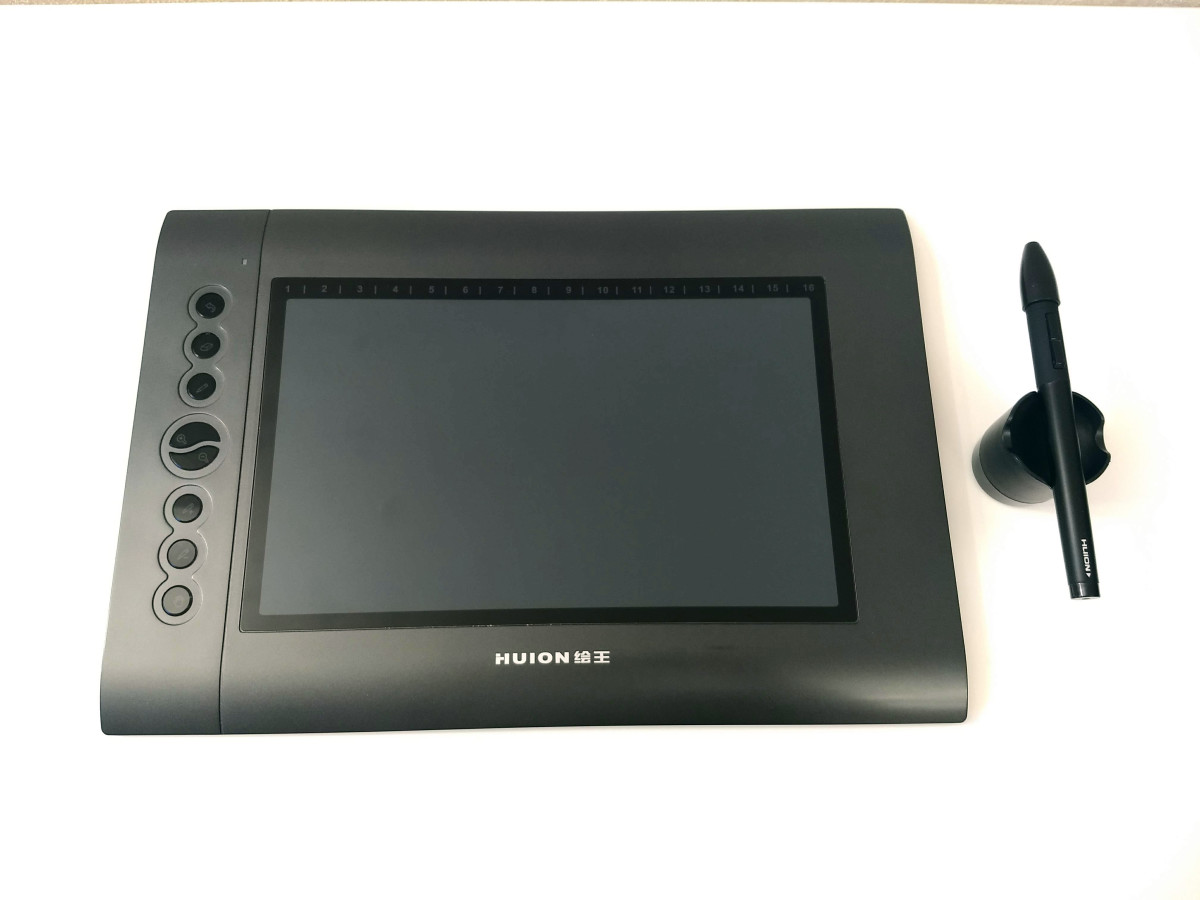Apple Vs. Pc - What's the Difference?
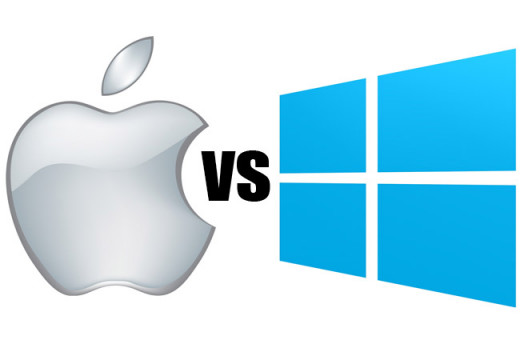
Does the marketing confuse you? Apple or PC? We hear a lot from the commercials about the differences between an Apple and a PC but how much of it is real? In the end what type of computer you purchase is up to you, but knowing what each machine has to offer is always a bonus.
As far as hardware goes, there is no difference between a PC and a Apple anymore. Apple and PCs both use Intel processors, Seagate hard drives, etc and (I have actually done this myself) I can wipe a mac hard drive and reformat as a Microsoft machine and voila. Apple= PC.
Even so there are differences between how the hardware performs between Apples and PCs but despite the marketing hype, these are not positive differences from Apple's perspective.
Let me offer some of my experiences as a computer repair technician to illustrate.
Did you know that Computer hardware is virtually the same regardless of what platform you run on it?
The Hardware
MAC Laptops: I fixed these for a year - constantly over heat - severe in some cases - this is due to the exact same technology as you find in Dells and Toshiba's being crammed into a laptop case half the appropriate size for it so that apple can claim to have the thinnest notebook around. The problem is cooling is lacking in the MAC laptops due to reduced space - this leads to overheating. I once had a report of an escape key at 198 degrees. The technology simply isn't made to be crammed into that thin laptop case. We did warranty work for Futureshop so we got technology of all makes and types in for repairs. PC laptops were by far more robust and have far less technical issues, they are usually thicker and slightly heavier than MAC laptops.
MAC and PC Desktops - Actually pretty good to be honest, never had to fix many of these at all, either MAC or PC, they just seem to be more robust than laptops are as a rule.
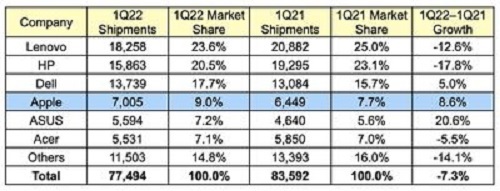
The Software
So, if the hardware is relatively the same, except in how it is used, then it must be the software right? Not so much anymore.
Apple is built on a Unix back end since OS 10 so don't be fooled by the 'cannot be hacked' and 'has no viruses' claim. Norton actually produces an anti-virus software package for Apple machines. Unix machines (including Apple) can be hacked and have been hacked many times in the past and Apple is built on a Unix back end so it can be hacked.
Apple also tends to exaggerate the abilities of the operating system. Here is a listing of some of the illusions regarding Apple software.
1) No patching - I turned on a Apple laptop fresh out of the box and it spent the first hour and 45 minutes of it's life with me updating itself over the net. So much for no patching this is a completely false claim.
2) Plug and play - while virtually every add on device can be plugged into a Windows machine and you can get drivers for said devices, Apple has routinely denied certain manufacturers from connecting to their machines. So apple users need to be careful what plug and play add-ons they buy as they may not even connect. Apple will sometimes charge money for updated drivers while, in the PC world, drivers are always free of charge and easily downloaded. Also, Apple routinely updates their OS making the drivers that were downloaded obsolete, sometimes their is an update and sometimes their isn't.
3) No viruses - and yet you can buy anti-virus software for a machine with no viruses. This is simply a gimmick.
Consider: When a malicious software developer makes a damaging piece of software he is not going to target a system used by virtually no business anywhere (as Apples cannot run database software like Oracle and MS SQL Server) and used by very few individuals (due mostly to outrageous price tags) when they can write one that targets business and will cause a real ruckus when it gets lose and potentially impact a billion computer users.
4) Apples don't crash - yes they do and just as often as PCs do, anyone who has seen the spinning rainbow of computer death can testify to this.
The interface capabilities are just as robust between Windows and PC now as well.
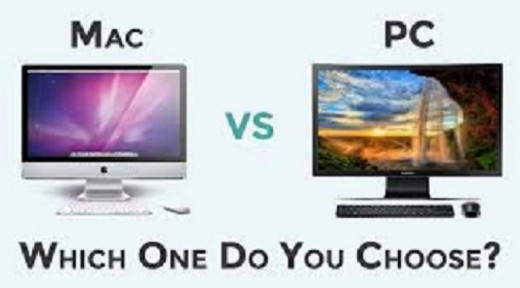
Support maybe?
So, then, if the hardware is virtually the same and the software operates no better than a Windows machine does then the difference must be in the service right? Perhaps Macs have better warranties?
Not really, I can go to any PC website and download whatever driver I need for whatever machine I happen to own, even old ones. I can review service manuals, join technical chat forums and ask questions and get answers directly relating to my machine and it's inner workings. I can do this at virtually any PC manufacturer's website.
Not at an apple site - In order to get detailed technical information about the computer I paid for and own I must be a certified apple technician and must have a log in name and password to access even the most basic of technical information about my hardware.
During the process of becoming a certified apple technician you are warned over and over again to not reveal any information relating to past problems any unit may have had or any defects that may have been detected after design and construction of the unit (such as the laptop cases being too thin to allow for proper heat circulation). I was not supposed to inform the customer of the exact specifics of the repair work I was doing.
Even though on the inside of a Apple the hardware is exactly the same as the hardware on a PC you are not allowed to order any apple parts from anyone other than an apple reseller, usually at a enhanced price.
Apple assigns their own inventory numbers to these parts as well so even having the original inventory number (such as the one Seagate would assign to a hard drive it constructed) would not help you find any part at apple.
Are Support options after purchase important enough to pay a higher price for?
At the End of the Day
So, in conclusion, there is no longer any real difference between Apple and PC except for the price tag which is massively outrageous as far as the Apple is concerned.
- Mac vs. PC vs. Linux - SouthPark Style
a little humor to help the subject along - HowStuffWorks: 10 Differences Between Macs and PCs"
Wondering what the differences are between Macs and PCs? We've listed their strengths and weaknesses. Learn about the differences between Macs and PCs. - Mac* vs. PC Debate | Intel
Get the Mac* vs. PC details on everything from the latest features to compatibility and reliability so you can make the right computer choice for you.
This content reflects the personal opinions of the author. It is accurate and true to the best of the author’s knowledge and should not be substituted for impartial fact or advice in legal, political, or personal matters.
© 2012 Robin Olsen





